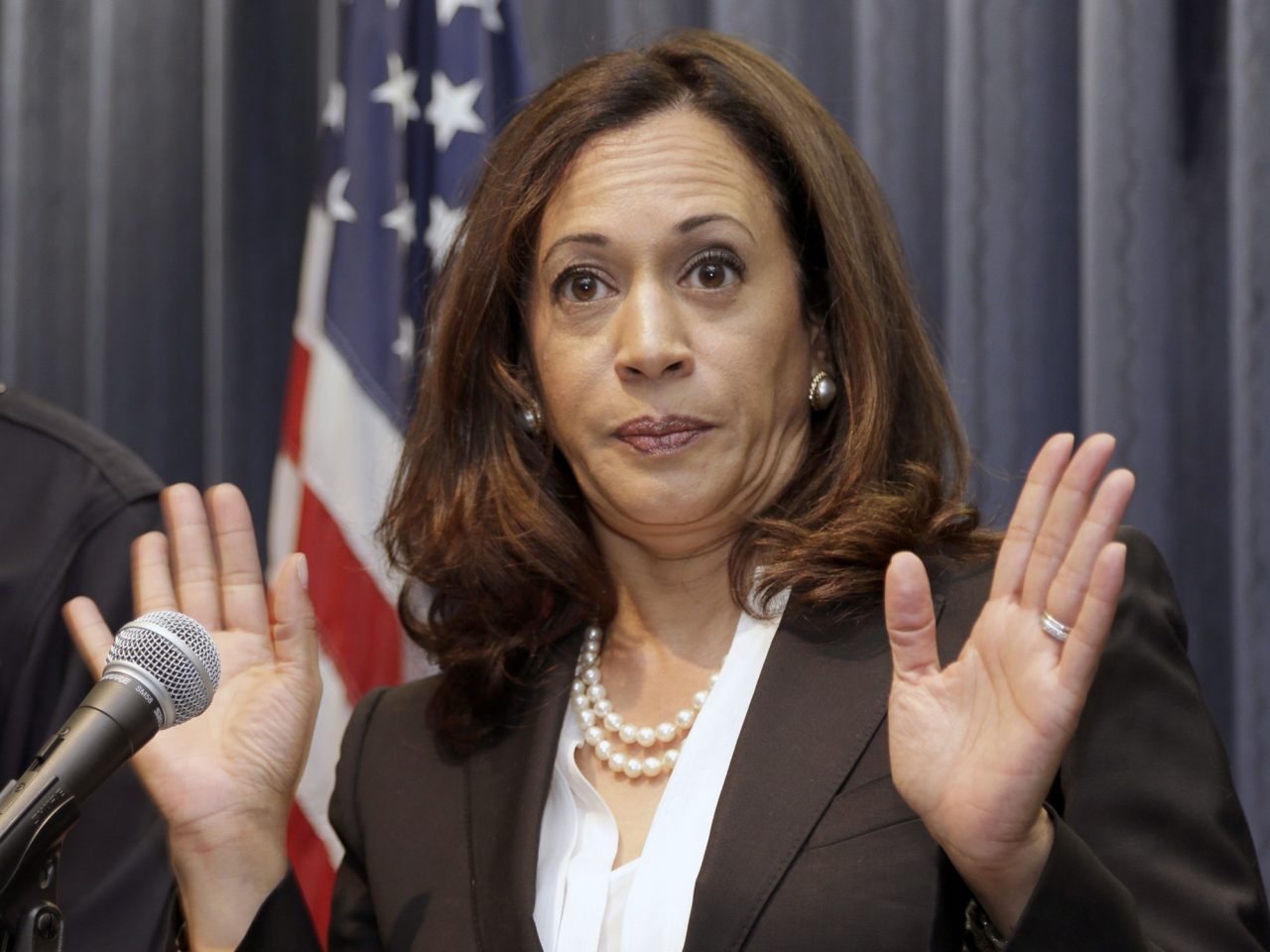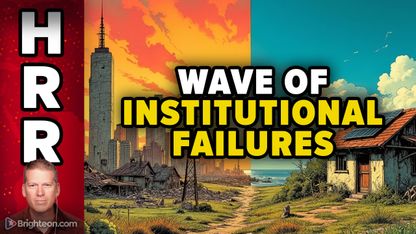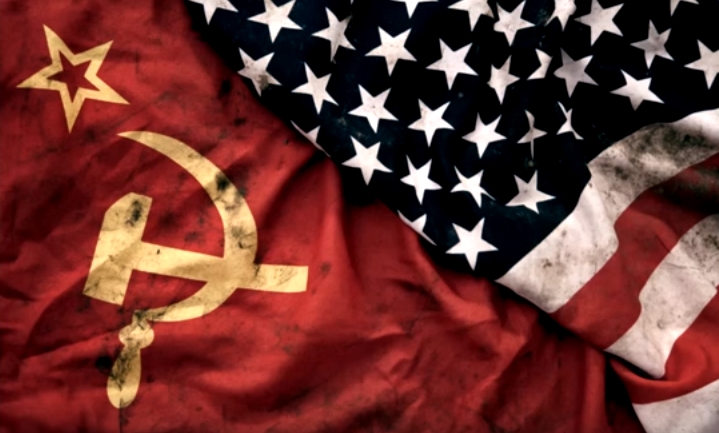
(Freedom.news) Federal District Court Judge Manuel L. Real ruled Thursday that the Virginia-based conservative group Americans for Prosperity Foundation does not have to turn over a list of its donors to California Attorney General Kamala Harris.
Real's permanent injunction bars Harris from seeking the group's list of donor names and address, and further directs her office to accept that AFP Foundation is in full compliance with the state's charitable registration requirements.
In his decision, Real cited testimony from numerous AFP witnesses who had suffered "public threats, harassment, intimidation, and retaliation once their support for and affiliation with the organization becomes publicly known."
Real added that, while none of the threats had led to actual violence, "this Court is not prepared to wait until an AFP opponent carries out one of the numerous death threats made against its members."
Harris has promised to appeal the decision.
In a press release, AFP Foundation CEO Luke Hilgemann called the ruling, "an important victory for free speech."
"Donors to organizations, regardless of their views on public policy matters, should be free to support causes they believe in without fear of retaliation, harassment, or intimidation by powerful government figures," Hilgemann said. "The Court’s ruling confirms what we have known all along – that AG Harris has no right to police the beliefs of individual Americans, or causes they choose to support."
The Internal Revenue Service requires tax-exempt groups such as AFP Foundation to file a Form 990, outlining income and expenses, as well as a Schedule B, on which groups are required to list the names and addresses of donors who give $5,000 or more.
The IRS keeps the donor information included on Schedule B confidential.
As with many states, California requires nonprofit groups to register and to file copies of the IRS Form 990 with local authorities before allowing them to solicit contributions from residents.
But Harris's office went further, demanding that AFP Foundation file its donor list along with its tax form with the state. AFP Foundation sued Harris in federal court in 2014, claiming this requirement violated its First Amendment rights.
AFP Foundation is not the only conservative group battling an attorney general over access to its donor list. The Washington-based Competitive Enterprise Institute is currently fighting subpoena from Virgin Islands Attorney General Claude Walker seeking documents and donor information relating to the group's work on climate change policy.
CEI's general counsel, Sam Kazman, told AMI Newswire that the group is "awaiting a response from the Virgin Islands AG before deciding on our course of action in court."
"We believe our contentions regarding donor confidentiality are supported by a line of Supreme Court decisions and rulings from lower courts," Kazman said. "[The] decision against the California AG certainly adds to that body of case law."
Not all legal observers are confident the California ruling settles the matter of donor privacy.
Nonprofit attorney Mark Fitzgibbons told AMI Newswire that, while Real's opinion in the AFP Foundation case is "as good a written opinion as [AFP] could have gotten in the 9th Circuit," the judge's ruling only applies to them, and no one else.
"This ruling doesn't help CEI at all in its legal battle with the Virgin Islands attorney general," said Fitzgibbons. "It may offer them some comfort, but the ruling is very narrow, and Harris is appealing. She is very comfortable with the 9th Circuit Court of Appeals, which has previously taken a dim view of the First Amendment argument AFP Foundation used to protect its donor list."
"The fight over donor privacy is far from over," Fitzgibbons said.
(c) 2016 American Media Institute.
Freedom.news is part of the USA Features Media network.
Please contact us for more information.





















